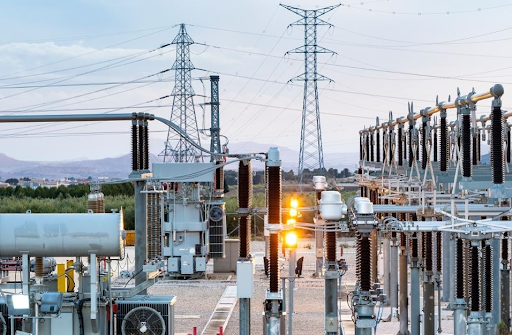
Fotall Services Sarl, once celebrated for pioneering 24-hour laundromats across Senegal, now finds itself embroiled in a scandal that threatens to undo its hard-earned reputation.
Its CEO, Mamadou Sarr, currently in custody, faces allegations of orchestrating an illegal network connecting multiple laundromats directly to the national electricity grid without proper authorization.
The investigation began quietly when Senelec officials carried out a routine inspection at Fotall’s Cité BCEAO 1 location, uncovering an undeclared connection powering the facility’s machines.
The discovery triggered a wider probe that revealed a sprawling clandestine operation. Authorities identified nine additional sites—including locations in Zac Mbao, Saint-Louis, Yoff, Maristes, and Sacré-Cœur—linked to the grid bypassing official meters, enabling the company to avoid paying electricity fees at multiple outlets.
Preliminary estimates place the financial loss to the national electricity provider at over 682 million CFA francs, a figure officials caution is still provisional.
This case echoes broader systemic issues, as 2024 data from the National Customer Dialogue Committee (CNDC) exposed theft of 1.4 million megawatts nationwide, costing Senelec approximately 100 billion CFA francs. Such losses ultimately burden regular consumers, who face higher utility bills to offset the deficit.
In a sector grappling with regulatory challenges, Fotall’s involvement in energy fraud strikes a particularly sensitive chord. Mamadou Sarr’s admission of guilt to investigators has intensified public outrage and reignited debates about fairness and accountability in Senegal’s energy distribution system.
Following his release from detention, Sarr was recalled for further questioning as the Criminal Investigation Division (DIC) continues uncovering additional unauthorized connections linked to the company. The unfolding inquiry raises questions about the future viability of Fotall Services and casts a shadow over a business model once hailed as innovative and urban-friendly.
Beyond one company’s missteps, this affair exposes critical weaknesses in oversight and regulation within Senegal’s private sector. Should Fotall collapse, the repercussions may ripple across the market, shaking confidence among partners and customers nationwide. More broadly, the scandal underscores the urgent need to safeguard public resources—especially energy—as vital to national stability as water or food security.



